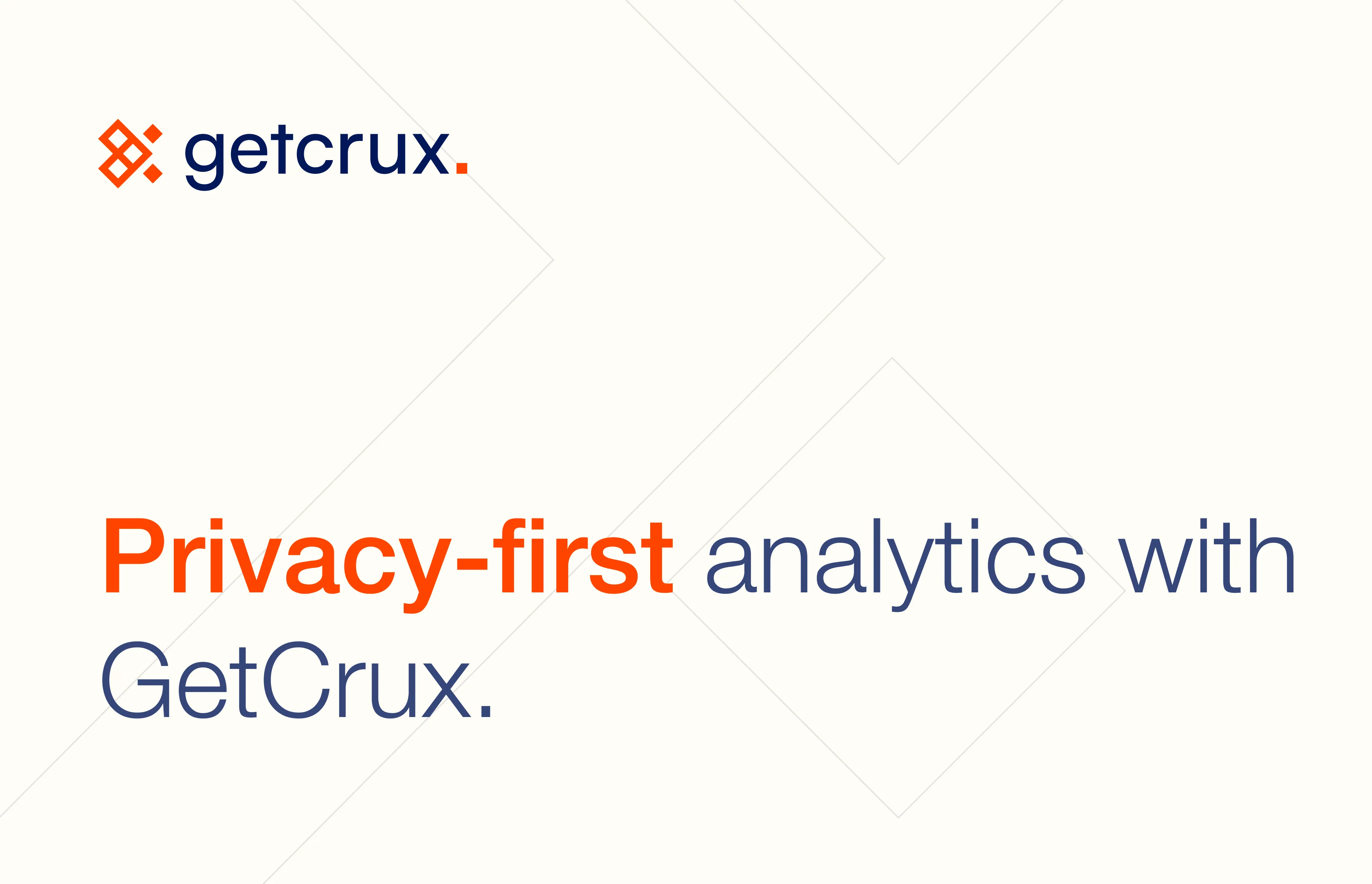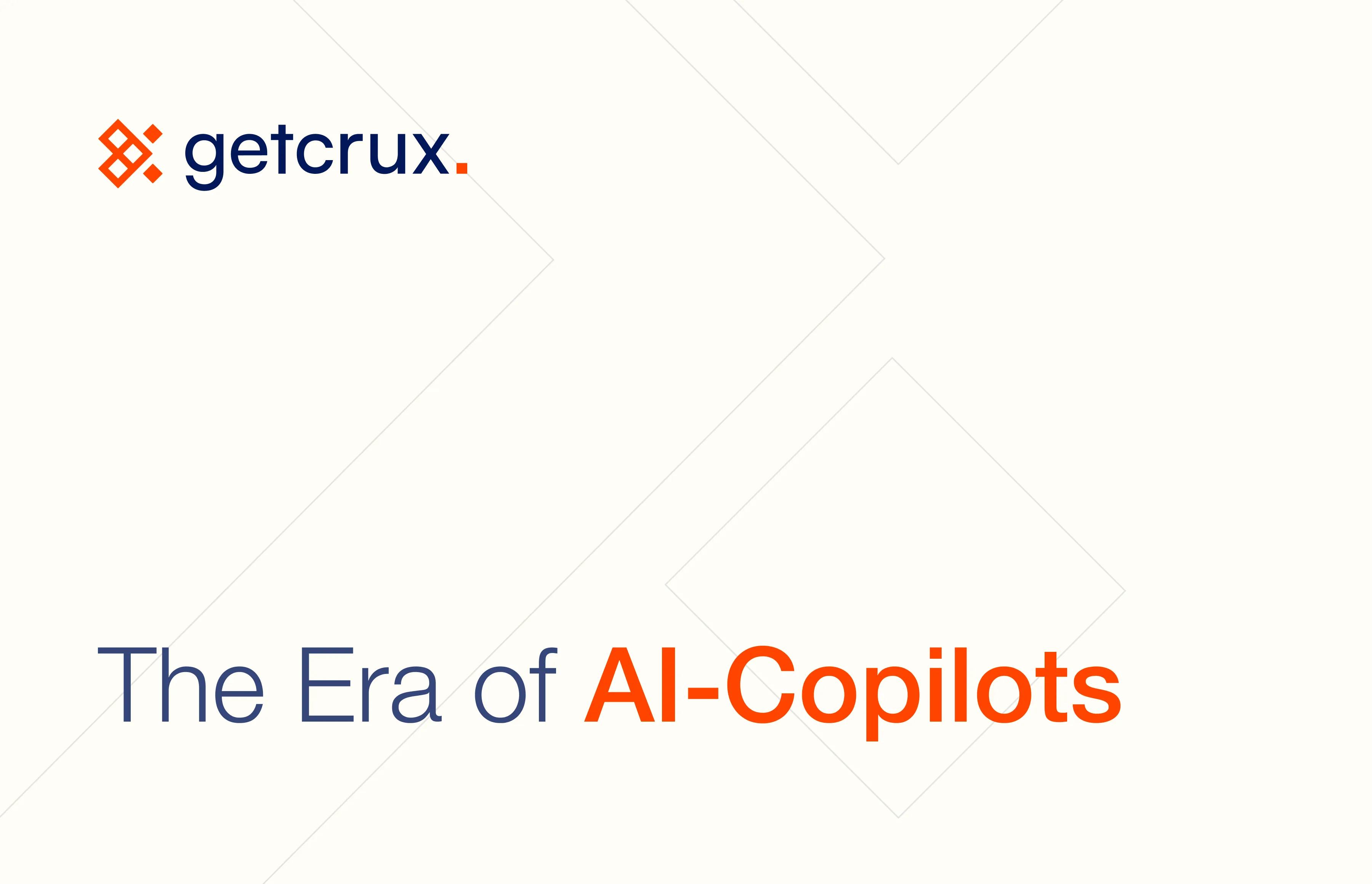When teams look beyond VidMob, they’re usually searching for a platform that makes creative analysis faster, clearer, and more actionable. The right alternative should connect to major ad platforms, break down every element inside an asset, validate hypotheses, and turn insights into reliable creative decisions.
Below is a breakdown of the strongest options alongside what matters most when evaluating tools in this category.
What Marketers Look For in VidMob Alternatives
1. Data Integration & Coverage
Teams want broad platform connectivity and granular data at the creative level (images, videos, carousels). Leading alternatives now pull in Meta, TikTok, Google, and 1st-party attribution sources, not just ad platforms.
2. Deep Creative Breakdown
Modern tools don’t rely on ad names or manual tags. They use computer vision + AI to watch every asset, classify each visual and narrative element, and map them to downstream performance.
3. Insight Quality
Marketers want to know why a creative worked, not just whether it worked. Tools that surface patterns across hooks, color palettes, pacing, messaging angles, demographics, and format choices are outperforming legacy dashboards.
4. Testing & Optimization
Good alternatives come with support for:
• Creative success scoring
• Variant predictions
• Recommended next experiments
• “What to tweak” guidance
5. Reporting & Visualization
Stakeholders need clear visualizations: creative leaderboards, trend graphs, automated weekly reports, and sharable views.
6. AI & Automation
Top tools now automate:
• Creative tagging
• Pattern detection
• Angle identification
• Creative brief generation
• Static & video concept creation
7. Collaboration
Growth, creative, and analytics teams need shared spaces to review insights, tag assets, and align quickly.
8. Pricing & ROI
Teams prefer flat pricing tied to creative volume rather than ad spend.
Best VidMob Alternatives Today
1. GetCrux - Best for AI-first creative intelligence + generation
GetCrux is built for teams that need fast creative analysis, automated discovery of what drives performance, and the ability to convert insights into production-ready ads.
Why it stands out
Data Integration
- Connects to Meta, TikTok, Google, + 1st-party sources like Snowflake, Looker, Metabase, Northbeam, Appsflyer, TripleWhale.
- Supports attribution and custom scoring models.
Creative Analysis & Scoring
- AI watches every ad and labels granular elements (demographics, objects, colors, on-screen text, location, pacing, narrative structure).
- Surfaces which elements drive performance across hooks, angles, formats, intros, brand placements, and emotional triggers.
Testing & Optimization
- Creative scoring models with configurable winning criteria.
- Predictive similarity scoring + success probability.
- “Fixer” recommendations that identify what to tweak to improve near-winners.
Reporting & Visualization
- Creative-level dashboards, label performance views, fatigue detection, angle performance charts, trend graphs, and automated weekly reports.
- Supports custom KPIs and attribution windows.
AI & Automation
- AI agents for creative analysis, audience analysis, concept creation, static/video generation, and ad ops publishing.
Collaboration
- Multi-user access, shared dashboards, label sharing, and role-based permissions.
Pricing
- Flat monthly pricing tied to creative volume, not ad spend.
2. Motion - Good for creative reporting only
Motion focuses on tracking creative performance but does not deeply analyze assets.
Strengths
- Good dashboards for creative performance
- Easy reporting workflows
- Popular among media buyers
Limitations vs VidMob criteria
- Creative labels come only from ad names (no visual analysis)
- No AI-driven element-level tagging
- No creative generation
- No pattern surfacing or “why it works” insights
Best for small teams who need lightweight creative reporting but not deep analysis.
3. Atria - Good for structured creative insights
Atria offers structured creative breakdowns and performance correlations.
Strengths
- Categorized creative tags
- Some predictive scoring
- Useful for teams with high creative hygiene
Limitations
- Tagging is not fully AI-driven
- Limited platform integrations
- Less flexible for hypothesis-driven analysis
- No AI creative generation
4. Omneky - Good for AI ad generation with performance data
Omneky blends creative generation with data-driven variants.
Strengths
- AI-first creative production
- Pulls performance data to guide iterations
Limitations
- Insight layer is thinner than VidMob
- Not built for deep element-level creative analysis
- Less transparent scoring
Best for teams prioritizing generation over analysis.
5. CreativeX - Good for brand governance & compliance
CreativeX excels in large enterprise brand consistency.
Strengths
- Automated brand checks across formats
- Ensures compliance and guideline adherence
Limitations
- Not designed for performance-driven creative insights
- Limited testing and optimization workflows
- No creative generation
Best for global enterprises focused on static guideline enforcement.
Summary Table
Why GetCrux Is the Leading VidMob Alternative Today
Across every category that matters - data integration, element-level analysis, predictive scoring, AI-powered testing, real-time insights, automated reporting, and creative generation - GetCrux covers the full scope of modern creative intelligence.
It supports:
• AI labeling of every creative element (far deeper than manual metadata)
• Cross-channel analysis with full attribution integrations
• Predictive performance scoring and trend discovery
• Script and brief generation
• Static + video ad generation
• Ad-ops publishing
If the goal is to understand why ads work, identify repeatable creative patterns, and generate high-performing assets at scale, GetCrux is the most complete option in the category.





.webp)
